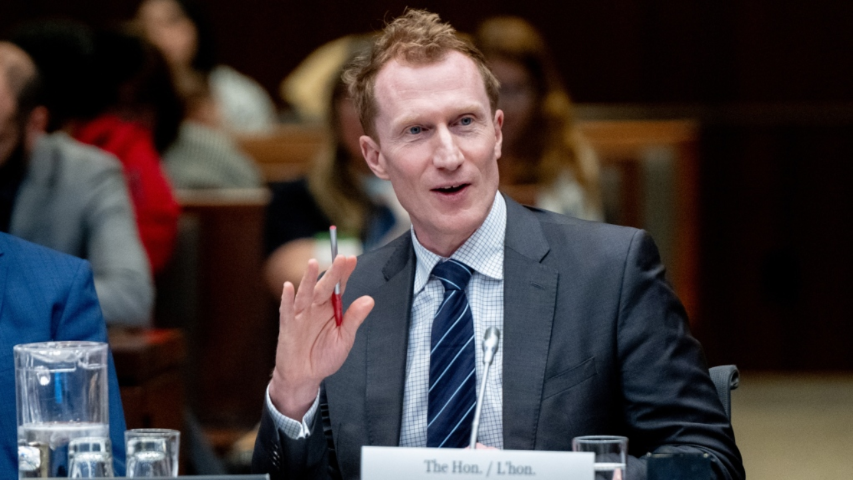

Visitors in Canada can no longer apply for work permits from inside the country. The Canadian Press
As of August 28, 2024, Canada has implemented a significant change in its immigration policies affecting temporary residents. Visitors currently in Canada on a tourist visa can no longer apply for a work permit from within the country. This update marks a departure from a policy introduced in August 2020, which allowed visitors to apply for work permits without leaving Canada due to COVID-19 travel restrictions.
Originally, this policy aimed to assist those stranded in Canada by letting them work legally while awaiting decisions on their work permit applications. It also extended to individuals who had previously held work permits but had changed their status to visitor status. The policy was initially set to remain in effect until February 28, 2025. However, Immigration, Refugees, and Citizenship Canada (IRCC) has decided to end it early to help manage the number of temporary residents and maintain the integrity of the immigration system.
The IRCC has stated that any applications submitted before August 28 will still be processed. This decision also addresses concerns about misuse of the policy. The department has discovered that some individuals were exploiting the policy to work in Canada without proper authorization, contributing to ongoing efforts to tackle immigration fraud and manage temporary resident levels.
One notable instance involved 700 Indian students who were misled by fraudulent acceptance letters from educational institutions in Canada. Many of these students were unaware that their letters were fake. In response, the IRCC now requires educational institutions to verify acceptance letters within 10 days of receiving international student applications and has set caps on the number of international students allowed entry over the next two years.
The end of this policy coincides with broader changes to Canada’s approach to temporary foreign workers. On August 26, 2024, the IRCC announced a suspension in processing some Labour Market Impact Assessment (LMIA) applications under the Low-Wage stream of the Temporary Foreign Worker Program (TFWP). This pause affects applicants in areas with an unemployment rate of 6% or higher and will last until September 26, 2024. Additionally, there are new restrictions on the number of foreign workers employers can hire and a reduction in the maximum term of employment for workers in the Low-Wage stream from two years to one year.
These updates are part of a broader trend of rolling back pandemic-era immigration policies. During the pandemic, Canada temporarily allowed up to 30% of the workforce in low-wage positions to be foreign workers and extended LMIA validity to 12 months. These measures were introduced to address labour shortages but are now being revised as part of a larger strategy to manage temporary resident levels.
The Canadian government has been actively addressing immigration issues this year, including plans to adjust permanent residence levels. Minister Marc Miller has hinted at potential changes in permanent residency policies soon, reflecting ongoing adjustments in Canada's immigration approach.
Having an 'Identity Verified' badge or being 'Identity Verified' simply indicates that an individual has submitted information to complete our identity verification process or we have conducted internal verification using various authorized websites. While this process includes safeguards, it does not guarantee that the person is who they claim to be.
If you encounter any issues with this profile, please report them here. While all consultants who are verified have RCIC ID, we may not have the latest data in terms of their renewal/cancellation/discontinuation of their RCIC ID.
The "Verified Consultants" profiles are created using publicly available information, including data from the IRCC website, official consultant sites, other listing platforms, and social media. Immiperts.com is an independent platform, not affiliated with IRCC or any registered immigration consultants. To update, claim, or remove your profile, please contact us at hello@immiperts.com.
╳